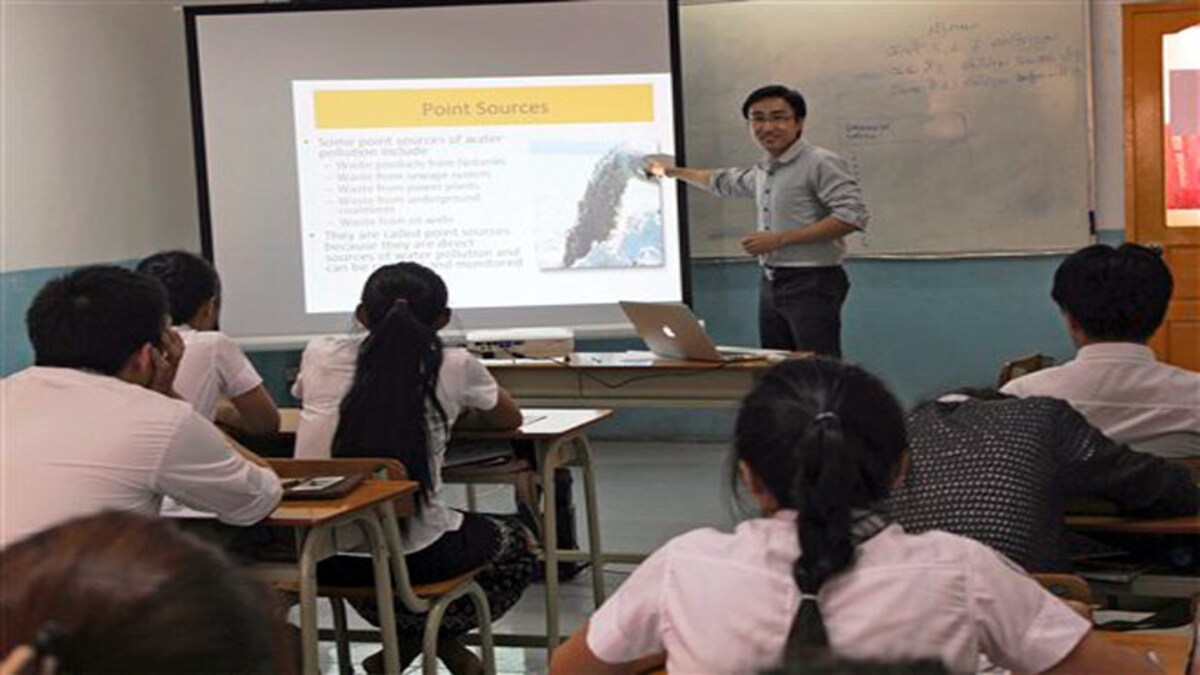An internal investigation into the suicide of IIT Bombay Dalit student Darshan Solanki last month concluded that he was depressed about his poor academic performance. This conclusion is not accepted by his family. The causes of suicide are nuanced and multifaceted, making it impossible to assign a single explanation. Furthermore, societal prejudice can be a factor in mental health, therefore the topic is not limited to what happens in an individual’s head.
Two studies conducted at IIT Bombay just months before to this murder detailed the experiences of Dalit and Adivasi students as they faced bias and discrimination at the institute.

In India’s top universities, many talented and intelligent Dalit and Adivasi students have been driven to depression and suicide. The admissions test is often used as a single point of truth for determining who is “meritorious” and “deserving” at various institutions. But many of these pupils face enormous challenges, including educational disadvantages, a lack of resources, inadequate support for teachers, and a lack of proficiency in either English or technology.
They feel even more strain and stress to succeed academically now that they are on college. When students have problems and drop out or commit suicide, these issues have been minimised by our elite universities. Instead of making an honest effort to help the students who are already in their care, they reject them on the grounds that they do not perform up to their strict academic requirements.

However, despite the fact that the IIT-Bombay investigation panel acknowledged that Solanki was sensitive about his JEE rank and that he had been laughed at for language barriers and for voicing doubts about computer use, they did not connect these factors to the tragedy, as many students have claimed.
One IIT-Bombay professor said that the widespread nature of such suicides belies the fact that their root causes are institutional rather than personal. Colleges and universities should accommodate all of their students as best they can. Students in in need of assistance cannot benefit from overly specific merit criteria.

